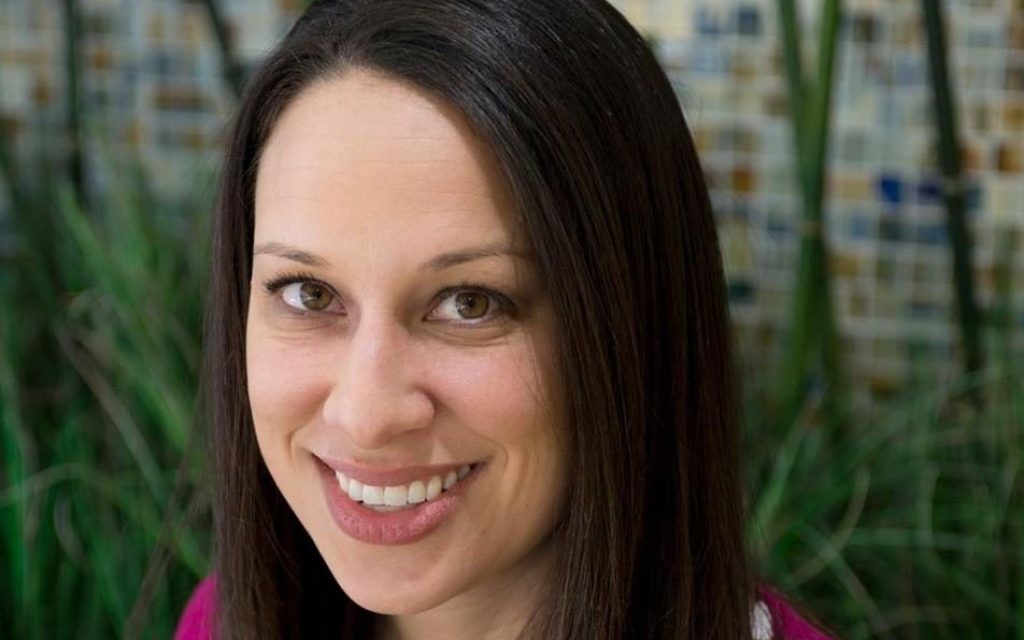Emotions of a Barren Woman
Elana Frank (Bekerman) is the executive director and founder of Jewish Fertility Foundation.
The pressure is on for Rachel. Her womb is barren. She is infertile. She cannot produce a child. This is HER issue, Rachel feels this sense of guilt and shame that her body has failed her. Jacob is not the one with fertility issues; he has children with his other wife, Leah. Where does that leave Rachel? Frustrated, sad, angry, jealous, stuck and alone. Many women (and men) who suffer from infertility today relate to Rachel.
The pasuk (verse) implies that fertility is a reward or a pity-present gifted to Leah and that because Rachel was loved, she deserved to suffer. There is a stigma surrounding fertility where the woman is blamed for this medical issue that does not exist when it comes to other conditions. Certainly infertility feels like a punishment. It is an attack on all of your plans and visions for your future. As someone who has gone through what Rachel has endured, I have asked myself:
“What did I do wrong to deserve this?” “Why me?” And even, “Why her, and not me?”
Get The AJT Newsletter by email and never miss our top stories Free Sign Up
Rachel gets to a place in her fertility journey where she envies her sister, Leah, and tells her husband, Jacob, “Give me children, or I shall die.” Infertility really is that powerful. Jewish identity is so intertwined with children that it often leaves adults without children feeling alone, isolated, and even suicidal. Couples struggling to build their own families feel left out of Jewish life cycle events, holiday celebrations, Shabbat invitations, and they are often overlooked or not included in leadership roles within the Jewish community. Emotions are raw and painful and Jacob, too, is frustrated. He tells Rachel that it really has nothing to do with him; it’s up to G-d. Jacob may be trying to be a supportive partner, but instead, he further alienates himself from Rachel, leaving her even more alone. Fertility puts additional pressure and stress on marriages. This is not how they envisioned their life together.
Thanks to medicine, fertility breakthroughs and adoption, women and families today have many more options and resources for how to face their infertility.
However, all of the raw, negative feelings, pressure, jealousy and marital stress are still as real and painful as they were for Rachel in biblical times.
In this New Year, let it be a goal of the Jewish community to remove the stigma around infertility and help those who are suffering alone by practicing inclusion, and offering love and support.




comments